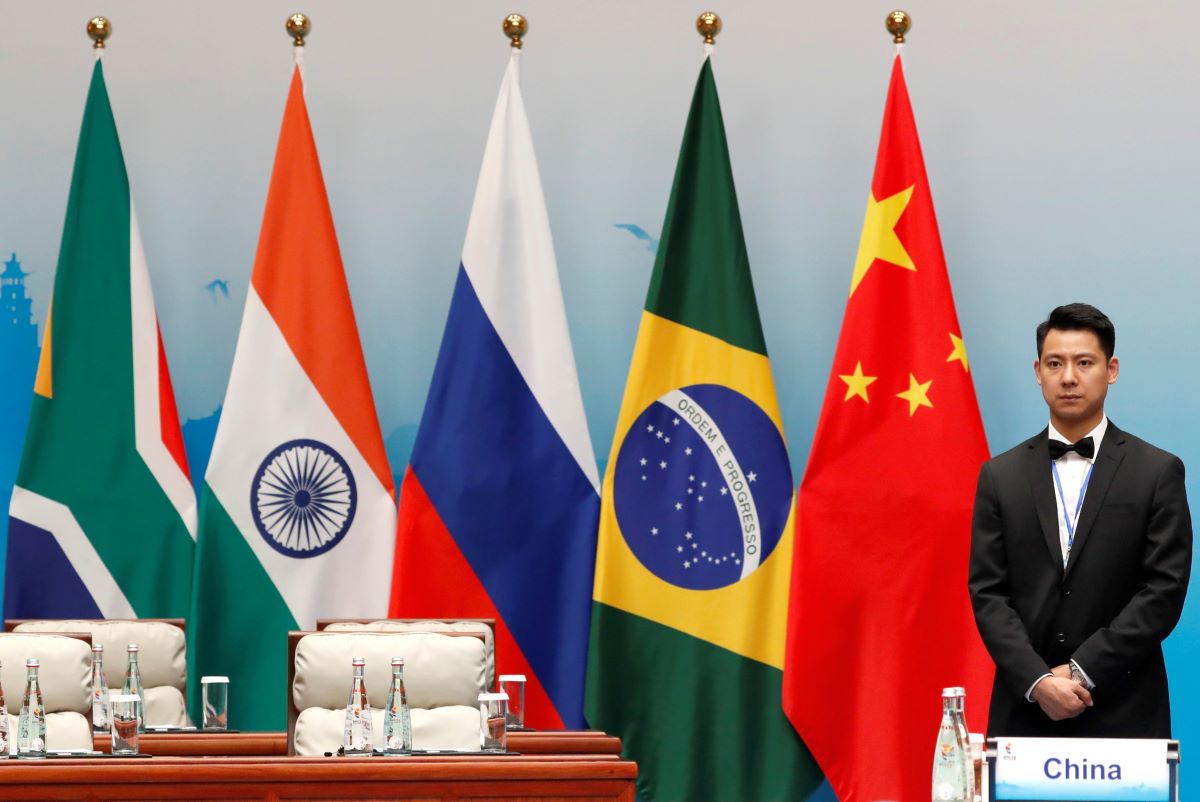- India has clarified that completely ditching the US Dollar is not part of its economic policies despite its strong affiliation with BRICS.
- The country’s External Affairs Minister has explained that India would settle trade with US-sanctioned countries in domestic currencies and engage with others in the US Dollar.
Amid the ongoing de-dollarization agenda by the BRICS alliance, its member country, India, has taken an exceptional stance as its External Affairs Minister, S. Jaishanka, discloses that targeting the US Dollar is not part of the country’s economic policies. Speaking at the Carnegie Endowment for International Peace, Jaishanka explained that India’s primary interest is to pursue trade. This implies that the country would actively settle trade with US-sanctioned countries like Russia in their domestic currencies while settling trade with other countries in USD.
We have never actively targeted the dollar. That’s not part of our economic, political, or strategic policy. Some others may have done so. What I will say is that we have a natural concern. We often have trade partners who lack dollars for transactions. So, we must decide whether to forgo dealings with them or find alternative settlements that work. There’s no malicious intent towards the dollar.
Jaishanka’s statement comes after the announcement that Russia and China’s use of the US Dollar for bilateral trade has drastically reduced. For Russia, the US excluded them from the international payment system ‘SWIFT’ for invading Ukraine. This has forced them to settle trade with China using rubles and yuan. Last year, bilateral trade between these two countries surpassed $200 billion.
US Dollar Dominance Under Threat
According to the IMF’s Currency Composition of Official Foreign Exchange Reserves (COFER), the dollar share of the central bank and government foreign reserves has significantly declined. Meanwhile, the reduction of the US Dollar’s role in trade over the past 20 years has not been matched by the corresponding increase in the shares of other currencies like the euro, yen, and pound, according to the IMF.
Reviewing one of the recent IMF reports, CNF uncovered that non-traditional reserve currencies, which include the Australian Dollar, South Korean Won, Chinese renminbi, etc, have recorded an unexpected rise in shares compared to the US Dollar. The Chinese renminbi, for instance, has had its gain matching a quarter of the decline of the US Dollar.
The Chinese government has been advancing policies on multiple fronts to promote renminbi internationalization, including the development of a cross-border payment system, the extension of swap lines, and the piloting of a central bank digital currency. It is thus interesting to note that renminbi internationalization, at least as measured by the currency’s reserve share, shows signs of stalling out.
BRICS Summit Mounts More Pressure
Drawing insight from our September 24 publication, the CEO of Zang Enterprises, Lynette Zang, has also disclosed that only 3% of the original purchasing power of the US Dollar remains this year. According to her, this could likely dwindle to zero by next year. Fascinatingly, the BRICS Summit which is scheduled for October 22 – October 24, is mounting more pressure on the US Dollar due to the alternative payment system which is rumored to be part of the agenda.
To disrupt these strategies and offset any potential impact, US presidential candidate Donald Trump has pledged that his administration would impose a 100% tariff on goods entering the US from such countries, as we reported.




